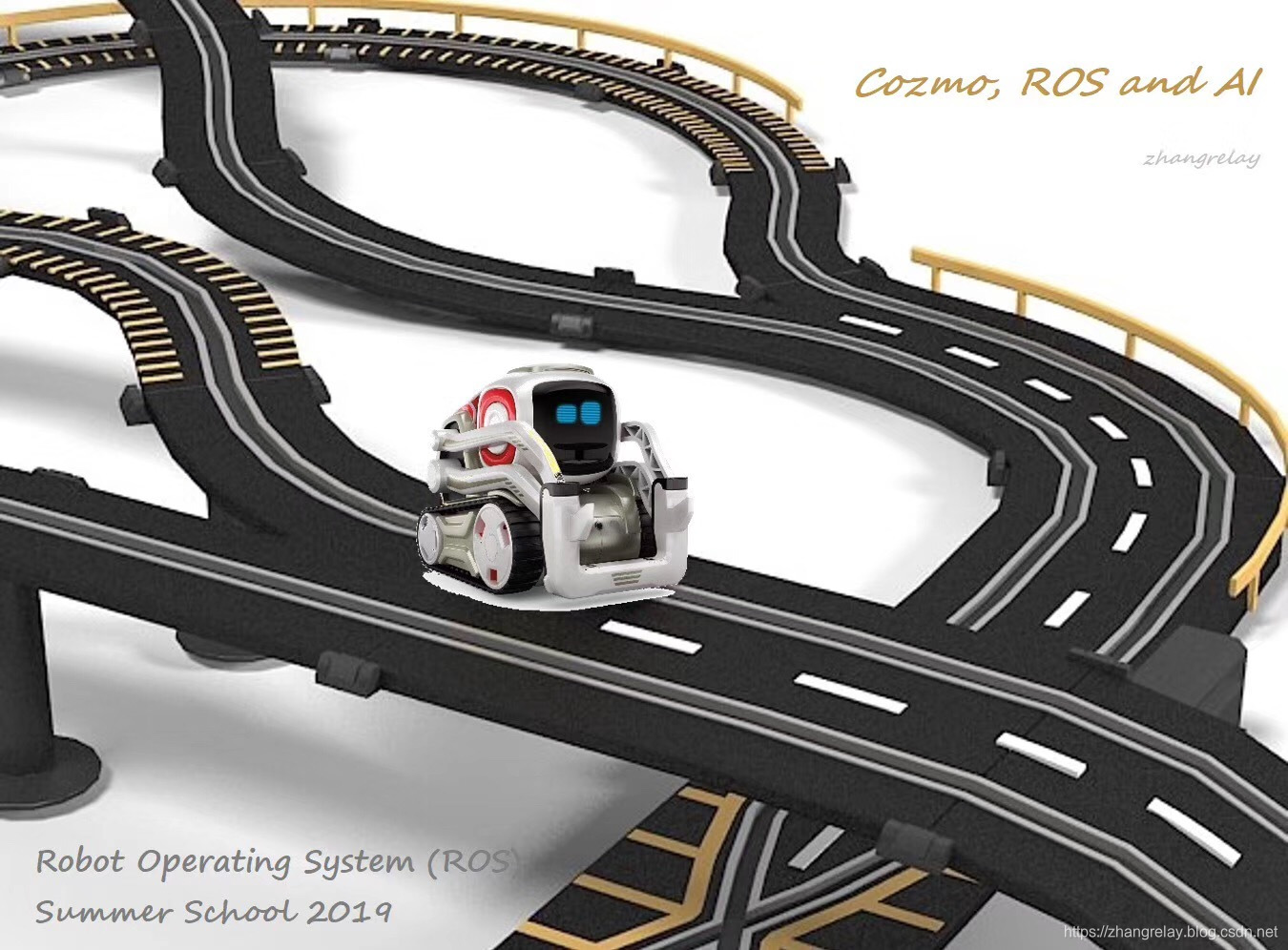机器人体验营笔记(二)基础
全文内容来源于国外权威资料汇总整理,具体信息请查阅文末参考文献。
For specific information, please refer to the reference at the end of the article.

概念 Concept
1. 行为模式 Behavior
机器人行为由精心设计的算法和表示构建的机制。Autonomous robot behaviors are mechanisms constructed from carefully designed algorithms and representations.
基础技术:Underlying technologies:
- 有限状态机、事件触发结构。State machines; event-based architectures.
2. 视觉感知 Visual Perception
机器人使用复杂但不完美的计算机视觉算法来从像素阵列推导出真实世界的对象表示。Robots use sophisticated but imperfect computer vision algorithms to deduce real world object representations from arrays of pixels.
基础技术:Underlying technologies:
- Hough变换; 人脸检测算法; ArUco标记等。Hough transforms; face detection algorithms; ArUco markers; much more
3. 定位 Localization
机器人使用里程计、视觉地标和其他类型的传感器信息来估计他们在世界上的位置。Robots estimate their position in the world using a combination of odometry, visual landmarks, and other types of sensor information.
基础技术:Underlying technologies:
- 粒子滤波器; SLAM(同时定位和地图构建)算法。 Particle filters; SLAM (Simultaneous Localization and Mapping) algorithms.
4. 路径规划 Path Plan
机器人使用路径规划器在世界中导航,以搜索障碍物周围的路线以达到目标。Robots navigate through the world using a path planner to search for routes around obstacles to reach their goal.
基础技术:Underlying technologies:
- 路径规划算法,如波前算法或RRT(快速探索随机树)。Path planning algorithms such as wavefront algorithms or RRTs (Rapidly-exploring Random Trees)
5. 控制 Control
机器人本体被描述为运动树,并使用运动学求解器在关节角度和本体坐标之间进行变换。Robots describe their bodies as kinematic trees and use kinematics solvers to translate between joint angles and body coordinates.
基础技术:Underlying technologies:
- 运动学描述文件; Denavit-Hartenberg惯例; 正向和反向运动学求解器。Kinematic description files; Denavit-Hartenberg conventions; forward and inverse kinematics solvers.
6-10等更多内容参考文献,不一一列举。
软件开发工具包 SDK
简要介绍Cozmo SDK,Introduction to the Cozmo SDK:
$ git clone https://github.com/anki/cozmo-python-sdk
通过USB连接苹果或安卓手机并配置好。具体内容参考之前博文。Connect your Apple or Android phone via USB and configure it. For details, please refer to the previous blog post.
测试 test:
运行 Hello World示例,Run the Hello World demo by doing:
$ cd ~/cozmo-python-sdk/examples/tutorials/01_basics
$ ./01_hello_world.py
不同电脑依据配置稍有不同,但基本内容一致。

尝试一下远程遥控应用? Try the Cozmo remote control app by doing:
$ cd ~/cozmo-python-sdk/examples/apps
$ ./remote_control_cozmo.py

工具包 Tools
简要介绍Cozmo tools,Introduction to Cozmo-Tools:
下载:Download a private copy of the cozmo-tools package by doing:
$ git clone https://github.com/touretzkyds/cozmo-tools
配置环境:Add the cozmo-tools directory to your search path by putting the following lines in
your .bashrc and then doing "source .bashrc":
export PATH=~/cozmo-tools:$PATH
export PYTHONPATH=~/cozmo-tools
运行,Run the simple_cli command line interpreter and display the camera viewer by doing:
$ simple_cli
等待完成,再运行,then, doing:
C> show viewer

C> show worldmap_viewer

C> show particle_viewer

在环境中遥控机器人,查看各窗口中演示的结果。Using the WASD keys in the particle viewer window, turn Cozmo so he can see a cube. What happens in the worldmap viewer?



Vector机器人资料,请自主查找。更多功能,更多内容。
持续更新完善,时间标签:2019-07-25。
参考文献references:
Anki文档:http://cozmosdk.anki.com/docs/
cozmopedia:https://github.com/touretzkyds/cozmopedia/wiki
认知机器人学:https://blog.csdn.net/ZhangRelay/article/details/86736743
文章来源: zhangrelay.blog.csdn.net,作者:zhangrelay,版权归原作者所有,如需转载,请联系作者。
原文链接:zhangrelay.blog.csdn.net/article/details/97263756
- 点赞
- 收藏
- 关注作者


评论(0)